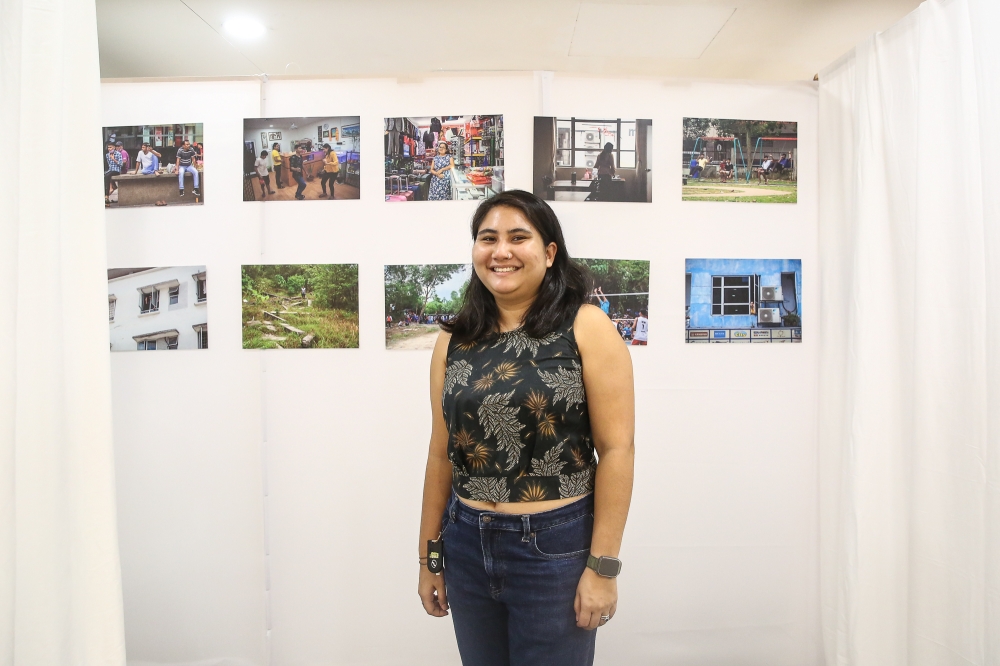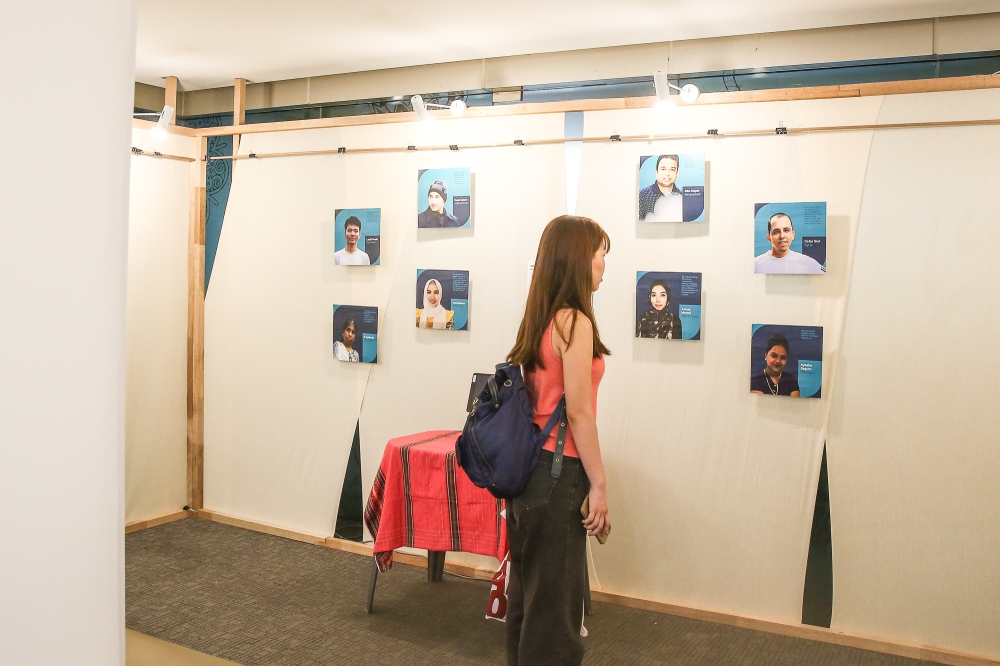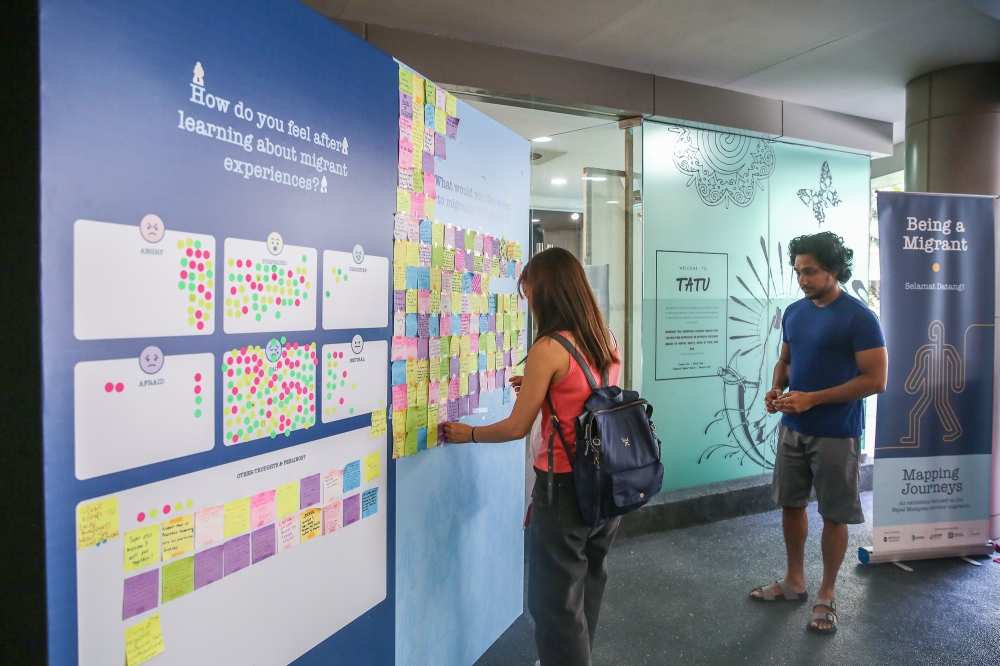KUALA LUMPUR, Oct 31 — Nepali migrant workers are sometimes misled about the work and conditions available to them here, resulting in some being employed in jobs completely different from what recruiters would tout to them, according to the Migration for Development and Equality Hub (Mideq).
The group said some Nepali migrants initially thought Malaysia to be a land of opportunity, freedom, and safety, only to have these views shattered upon arrival.
Mideq said its Nepal-Malaysia corridor research found the Nepali workers to be living a much harsher reality, one of social isolation, physically cramped dormitories, and dehumanising treatment.
All this after a recruitment process that could take up to half a year and cost the workers around RM3,500 in fees that often land them in debt and at risk of indentured service.
“Based on our findings, sometimes they come here, and then it’s a different job than what was stated in the contract,” said Sheril A. Bustaman, project manager of the South-South Migration for Development and Equality Hub funded by UK Research and Innovation (UKRI) Global Challenges Research Fund (GCRF).
Sheril explained that this was often the case when intermediaries were involved in the recruitment, as what was presented to the would-be recruits differed significantly from what they found on arrival.

She contrasted this to when companies handle the hiring directly in the source country, which she said would be more transparent.
“They tell them the salary, the job scope, and they will facilitate the process of them coming to work,”
“For me personally, that feels like a very good way for the migrant workers to know what is expected of them and making sure they are not exploited,” she said.
The insights were gleaned from the short films made for the Mapping Journeys project under Mideq, when the 20 participants opened up about their loneliness and depression when working in Malaysia, Sheril said.
“When they first get here, they don’t know the language, it’s very isolating because their fellow dormmates who are also Nepali work different hours, so you spend a lot of time alone.
“And you’re now under pressure because you’ve gone abroad but you’re not earning enough money, in certain instances your employers pay you late, so they were talking about all these common pressures and then sort of leads to the depression and the loneliness,” she said.

In 2020, statistics showed that 241,106 Nepali migrants were working in Malaysia, making up 16.4 per cent of the migrant population. Of the total, nearly three in four of the group worked in manufacturing, according to Mideq.
Mapping Journeys is an exhibition focused on the Nepal-Malaysia corridor migration.
Mideq aims to convert knowledge and ideas into policies and practices that may improve the lives of migrants, their families, and communities. It works to shift the production of migration knowledge and its consequences towards affected countries.
The Mideq Nepal-Malaysia research focused on migration issues around gender inequalities, migrant perception, knowledge and decision-making, and the facilitation of intermediaries. It was conducted in 2020 and 2021 through interviews.
Mapping Journeys is open until November 10 on weekdays (10am to 6pm) at Monash University Malaysia. More information on the exhibition can be found here.




















